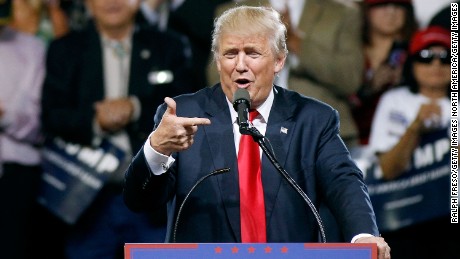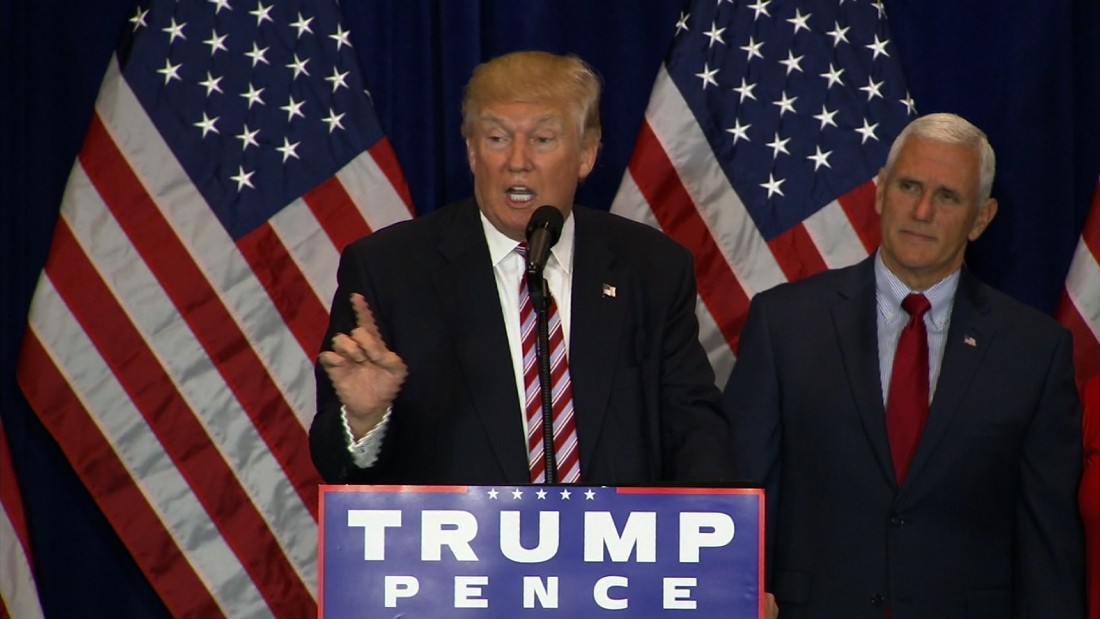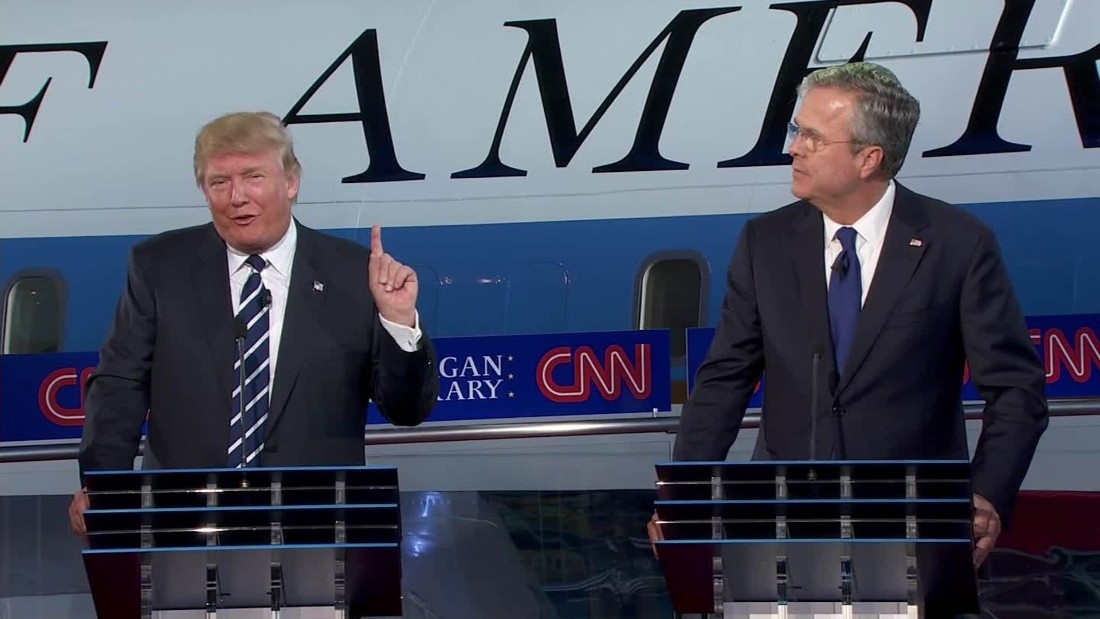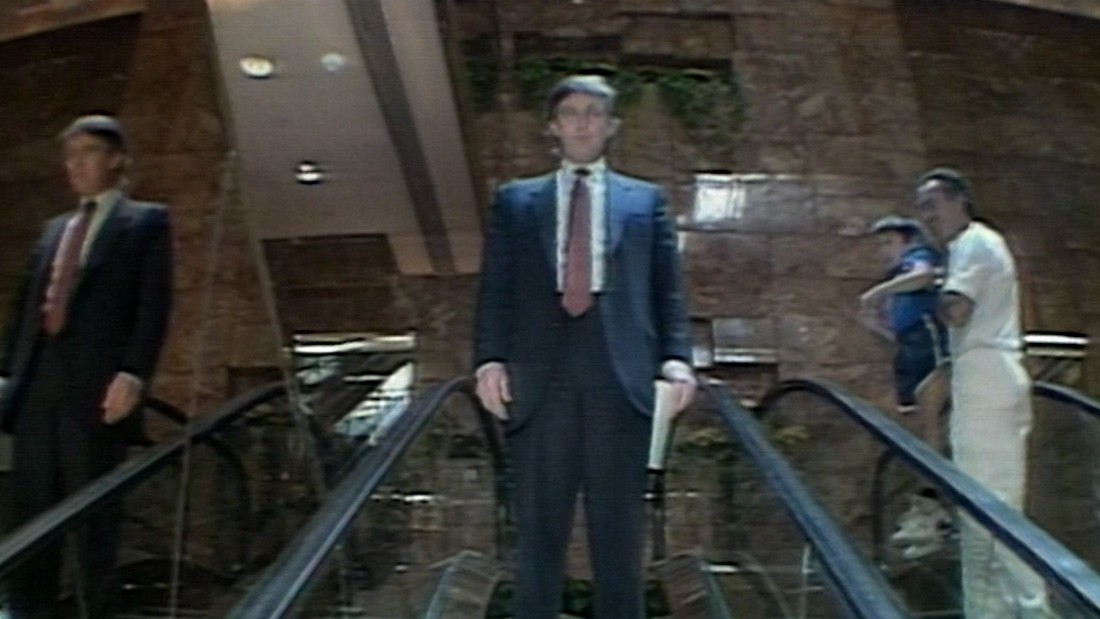Organisers hope for late surge of interest with half of tickets still unsold just days before opening ceremony

Less than a week before the Paralympics opens, organisers are hoping that a late surge of interest will help them to fill seats, stretch budgets and avoid criticism that the second stage of Rio 2016 will be remembered as the neglected Games.
Financial cuts, downgraded facilities, volunteer shortfalls and poor ticket sales have overshadowed the countdown to the opening ceremony at the Maracan Stadium on Wednesday, prompting fears that the events could be even more sparsely attended than for the Olympics last month.
However, athletes who are now arriving at Galeo international airport hope the atmosphere can be salvaged by a late marketing push.
The Paralympic torch relay, which got under way last Thursday, is seen as the best opportunity to drum up public enthusiasm. Barely half of the 2.5 million tickets for the 500 medal events have been sold, despite prices as low as 10 reais (2.30) a quarter of the cheapest seat prices at the Olympics.
An online campaign was launched in the UK last week #filltheseats to buy tickets for Brazilian children. With support from major donors, including Sainsburys and Allianz, it was already 10 times above its initial target after eight days. Donovan Ferreti, the ticketing director of Rio 2016, said he had been encouraged by a pick-up in local demand from Rio residents in the past week. We have a long way to go, but we are happy with the last-minute demand, he said. Its really affordable cheaper than going to see a movie. We are telling people they can have a great time with high-performance competition and have a great day out in the Olympic Park.
Activists said that filling seats was important not just to boost support for competitors, but to maximise the transformative impact of the Paralympics. We hope an experience like this can change the way people without disabilities think about people with disabilities. Its a unique opportunity, said Vanessa Goulart, executive director of the Independent Life Centre.
Preparations have been plagued by funding problems. Brazil is suffering from the worst recession in decades. Last month organisers were forced to scale down venues as a result of a gaping hole in the budget.
The Deodoro Olympic Park, the second-biggest cluster of venues, was partially closed and some events such as wheelchair fencing have been relocated to the main Olympic Park in Barra. Parties have been cancelled, big screens taken down and 1,900 temporary staff laid off. The number of seats has also been reduced (originally the organisers hoped to sell 3.4 million).
The British Paralympic Association described the situation as worrying, but the chef de mission, Penny Briscoe, said the countrys athletes were prepared to make sure the sport was at the same high standard as four years ago.
This Games is not without its challenges, but with a very experienced team on the ground, and the huge support of the British public back at home, we will give our athletes the very best opportunity to shine now that the Paralympic Games is under the spotlight, said Briscoe.
Critics suggested unforeseen costs such as draining and refilling the Olympic pool were passed on to the Paralympics, but organisers blamed lower than forecast sponsorship and ticket revenues. Even with the cuts, the organisers have had to go cap in hand to the city and national government for 150 million reais (34.6 million) to cover travel and food costs for the athletes.
Sir Philip Craven, International Paralympic Committee president, said: I am fully confident Rio 2016 will be the best Games ever in terms of athletic performance … The opportunity we have here to make Rio, Brazil, Latin America and the world a more equitable place for all does not come around very often.
There have been modest signs of improvement in recent years. New public transport systems are accessible to wheelchair-users, though the vast majority of buses are not. A few areas of the city, such as the Olympic Park and the Praa Mau waterfront, have wide, smooth boulevards, though most pavements in the city are potholed. Galeo airport has increased the number of lifts, disabled toilets and other facilities before the arrival of 2,000 athletes with wheelchairs and 30 with guide dogs.
But the overall situation remains tough, and there is only so much the Paralympics can change. The situation in Rio is very difficult, said Teresa Costa dAmaral, of the Brazilian Institute for the Rights of People with Disabilities, an organisation that is constantly having to battle in the courts for medicine, wheelchairs and other equipment for those in need.
People are put at the margin of society because a wheelchair cant get on a bus, or because there arent enough schools teaching braille. People with disabilities have to fight a lot to have their basic right to access health and education. Its not an easy life, being disabled in Rio.
Read more: https://www.theguardian.com/sport/2016/sep/03/rio-de-janeiro-paralympics-tickets-slashed

















